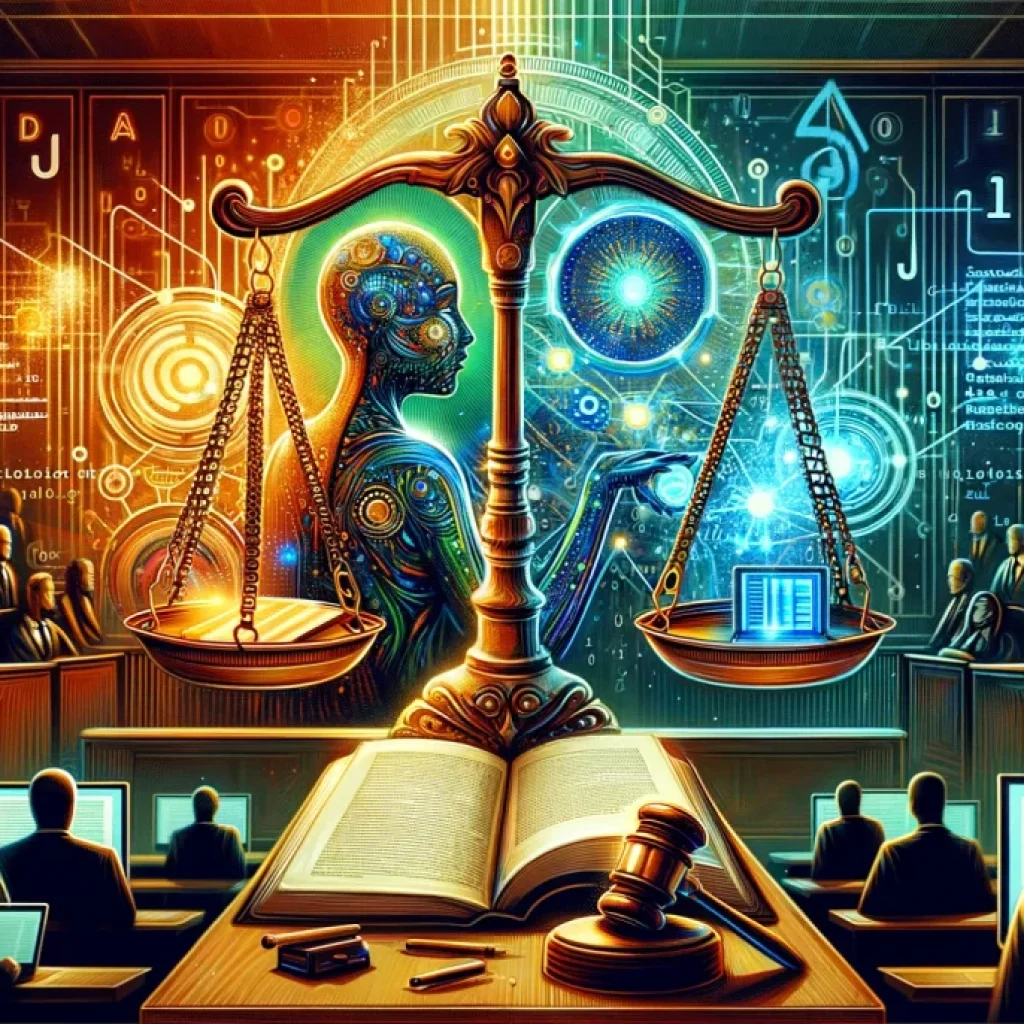In a move signaling its commitment to responsible AI use, Microsoft Corporation is set to implement significant changes to its Services Agreement on September 30, 2023. The company is actively notifying its customer base about these forthcoming alterations through email communication and other relevant channels.
A new era of responsibility
The most noteworthy change in this update revolves around the inclusion of a dedicated section pertaining to AI services within the Microsoft Services Agreement. This new addition outlines a set of rules and guidelines governing the utilization of the company’s AI-based offerings, reflecting Microsoft’s dedication to fostering ethical and responsible AI practices.
Upon closer examination of the updated Services Agreement, several prominent amendments become apparent. Alongside the introduction of the Microsoft Storage section, which now encompasses OneDrive and Outlook.com, the standout inclusion is a comprehensive AI section. This section elaborates on the parameters and regulations for utilizing Microsoft’s AI-powered services effectively.
Microsoft’s definition of AI services within the context of this agreement is “services that are labeled or described by Microsoft as including, using, powered by, or being an Artificial Intelligence (‘AI’) system”. This includes a variety of services, such as Teams Premium, Windows Copilot, Microsoft Security Copilot, Bing Chat, and Azure AI platform.
The AI section is characterized by five distinct rules that govern the use of AI services, each addressing a specific aspect of responsible usage.
Rules for ethical AI engagement
The first three rules within the AI services section are primarily focused on limiting or prohibiting certain activities. Microsoft explicitly forbids attempts to reverse engineer AI services to uncover their underlying components, models, algorithms, or systems. The intent is to prevent any unauthorized exploration or manipulation of these proprietary technologies. Users are also prohibited from extracting data from AI services through methods like web scraping, web harvesting, or other web data extraction techniques.
The third rule highlights a vital aspect of responsible AI usage – the restriction on employing data from Microsoft’s AI services to create, train, or enhance any other AI service. This regulation underscores the company’s emphasis on the responsible handling of AI-generated data.
To provide clarity, the specific language of the first three rules is as follows:
i. Reverse Engineering – Users are strictly prohibited from utilizing AI services to uncover the underlying components of models, algorithms, or systems. This includes endeavors to determine and remove model weights.
ii. Extracting Data – Unless explicitly authorized, the use of web scraping, web harvesting, or similar methods to extract data from AI services is strictly prohibited.
iii. Limits on Use of Data – The use of AI services or data derived from them to create, train, or improve other AI services is not allowed, either directly or indirectly.
Balancing user content and accountability
The fourth rule addresses the processing and storage of user inputs and outputs by Microsoft’s AI services. The company will utilize this data to monitor and prevent instances of abusive or harmful usage, underscoring its commitment to ethical AI deployment. Also, users are informed of their sole responsibility in responding to third-party claims arising from their use of AI services, including potential copyright infringement issues.
The language of the two remaining regulations is outlined below
iv. Use of Your Content – Microsoft retains the right to process and store user input and output data to ensure the responsible use of AI services, safeguarding against abusive or harmful applications.
v. Third-Party Claims – Users are exclusively accountable for addressing any third-party claims related to their utilization of AI services, ensuring compliance with applicable laws, such as copyright infringement or content-related claims.
Microsoft’s vision for responsible AI innovation
Microsoft’s strategic focus on AI innovation is increasingly evident as the company takes proactive measures to regulate and guide the utilization of its AI services. The introduction of stringent rules for AI services within the Services Agreement highlights the company’s commitment to responsible AI practices, ensuring that users engage with these transformative technologies in an ethical and legally compliant manner.
For a comprehensive overview of all changes introduced in the September 30, 2023 Services Agreement update, interested parties are encouraged to refer to Microsoft’s official documentation.
In a technology landscape dominated by rapid advancements in artificial intelligence, Microsoft’s decision to implement regulations governing AI service usage demonstrates its recognition of the importance of ethical considerations. As the company continues to drive AI innovation, these new guidelines signal a promising step forward in shaping a future where AI technologies are harnessed responsibly for the benefit of all.





